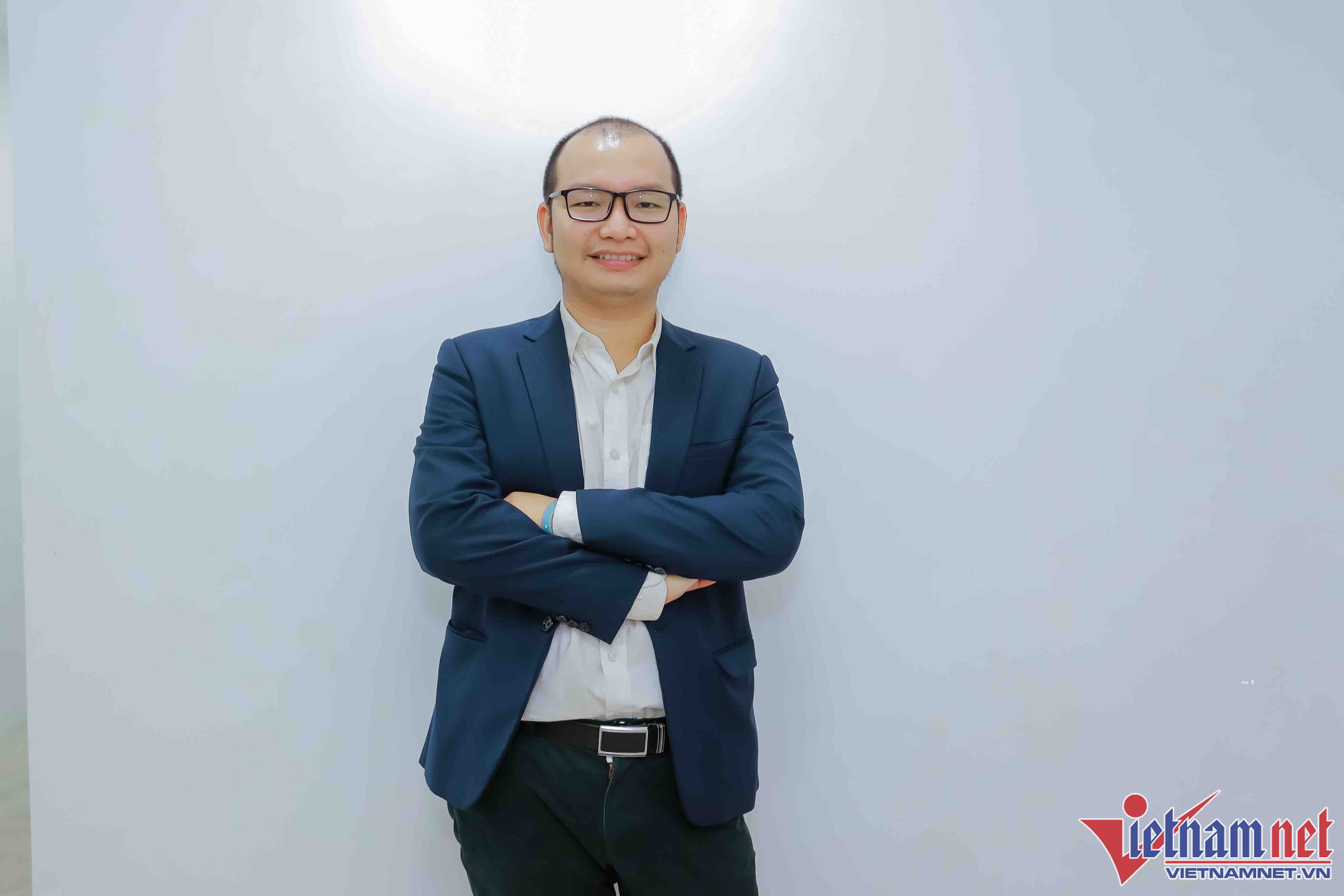
VietNamNet spoke with Le Dinh Hieu, an education expert, former valedictorian in Mathematical Economics (Econometrics) at the University of California, Los Angeles (UCLA), who is now a postgraduate at Johns Hopkins University.
What do you think about the view that mathematics taught at Vietnam’s high school is too difficult?
I would say this from two aspects. First, as a math learner. I was a math majoring student at high school and after that I studied math at UCLA, a leading research university in the US, and I came first on the outcome exam of the school.
I can say that the mathematics curriculum for general education in Vietnam is very sound and solid. That is why Vietnamese students, when studying abroad, are in no way inferior to students from other countries considered as mathematics powerhouses such as South Korea, China and Singapore.
The Mathematical Economics course that I followed contained four subjects (8 semesters). We had 15 math classes. As such, every semester, we had two math classes. Four out of 15 math classes in my university curriculum were taught in Vietnam’s curriculum (11th and 12th grades), or at least 80 percent.
So, we can say that the mathematics curriculum in Vietnam is equal to the first year of large universities in the world.
Second, math teaching as an educator. When comparing Vietnam’s mathematics program with IB International Baccalaureate, I can say for sure that Vietnam’s program is not more difficult than the international one.
When following IB, students can choose six subjects and choose the mathematics levels they study, which includes Standard Level and High Level.
Vietnam’s mathematics is not more difficult and deeper. The problem is that Vietnamese students cannot choose mathematics levels to study.
This means that 1 million Vietnamese students study the same mathematics program, while international students can choose whether to study mathematics and the level to study.
This also happens with the US AP. There are three levels and high school students in the US have the right not to choose the three levels, or they can choose one of the three, two of the three, or all the three. Meanwhile, the students majoring in arts don’t necessarily have to study mathematics.
If students choose all the three mathematics levels, the depth of the learning subject will be the same as Vietnam’s math for high school.
Does Vietnam need to change the way of teaching and learning math?
The 2022 high school math test consisted of 50 questions and 100 percent of the questions were aimed at testing students’ capability to remember formulas and calculation.
Vietnam’s mathematics program is not bad, but the way of designing questions diminishes students' interest in learning math.
Meanwhile, international math exam questions may surprise many people. 11th and 12th graders, for example, are requested to conduct research that they can apply in reality.
If they study probability statistics, they may choose to conduct statistics about the obesity proportion of students at schools, for example.
12th graders may conduct a survey on weight, and then apply basic formulas of probability statistics to come to the conclusion whether obesity is a serious problem at the school. Students have two months to conduct the research.
The most difficult thing for students is not applying formulas for calculation, but finding research questions attractive enough to persuade students to allow them to carry out research. After implementing research, they have to write reports.
As Vietnamese students don’t have the right to choose whether to study math and at which levels to study math, they fall into difficult situations, especially for the students who don’t choose the professions with relations with math.
The other problem is that Vietnam’s math questions focus on theory and formulas, while they don’t create openness and encourage students to apply math in reality.
I have realized that many high-school teachers have been actively applying new teaching methods, integrating the teaching of math and sciences. This is a good trend.
Hoang Thanh